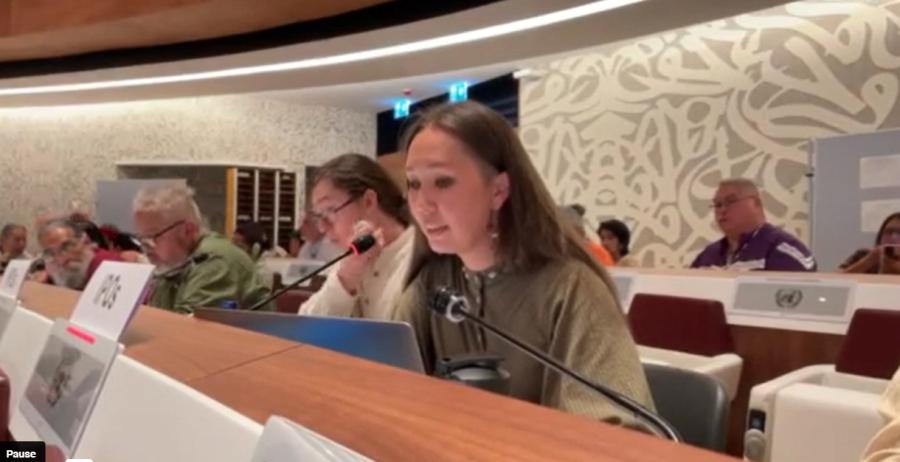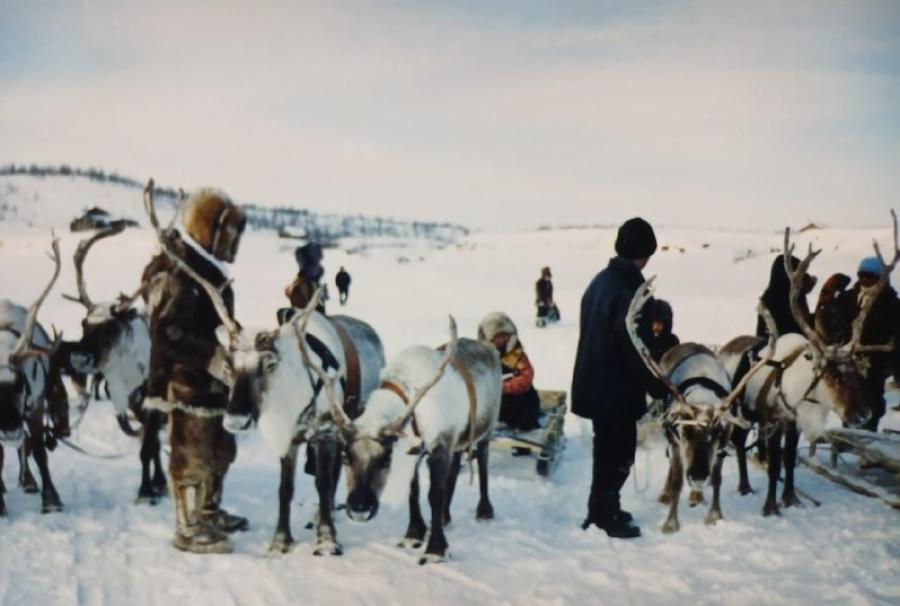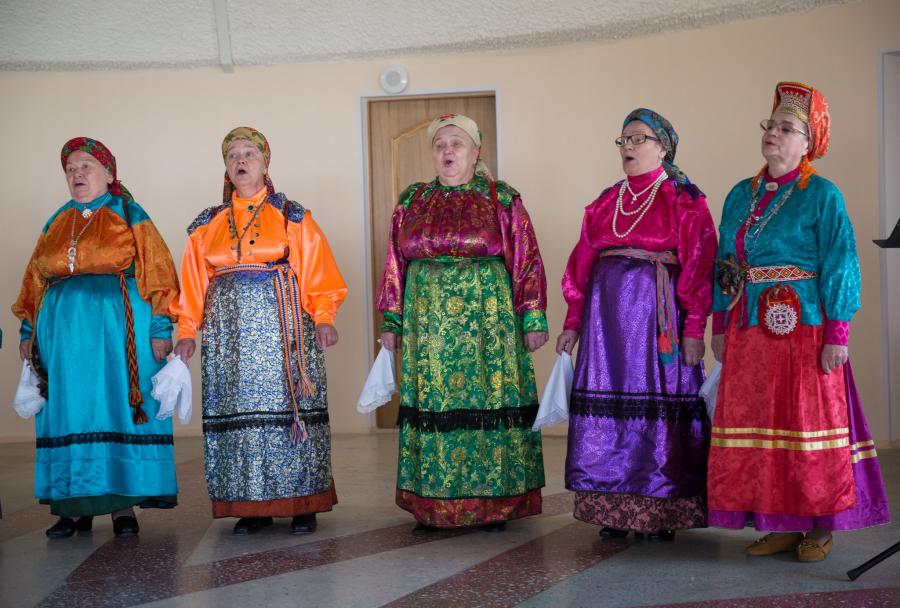RUSSIA- Celebrate this victory with environmentalists and indigenous peoples of Sakhalin Island in Russia’s Far East: After four years of trying, the Sakhalin Energy company has withdrawn its loan applications from US, UK and European development banks, because it has not met the banks’ environmental requirements. Since January 2004, Global Response members have flooded the US Export Import Bank and the European Bank for Reconstruction and Development with letters, urging them to deny loans to Sakhalin Energy for the second phase of its oil and gas development called Sakhalin II. The Sakhalin II project threatened feeding grounds of the critically endangered Western Gray Whales as well as wild salmon spawning grounds on Sakhalin Island. In January 2005, indigenous Nivkh, Uilta, and Evenki islanders staged courageous protests in sub-zero temperatures to stop Sakhalin II, fearing impacts on their fisheries and their cultures. Global Response members supported the indigenous protests with demands for an impact study to determine potential harm to their cultures and livelihoods. The positive outcome of these protests was the creation of an Indigenous Peoples’ Development Plan, funded by Sakhalin Energy (0,000/year for 5 years) and co-managed by a Council of indigenous peoples’ representatives. The European Bank for Reconstruction and Development was the first to drop consideration of loans to Sakhalin Energy last year. Then, in early March, Sakhalin Energy announced that it had withdrawn applications to the US Export-Import Bank and the UK Export Credit Guarantee Department. Without the financial backing of the three leading public development banks, Sakhalin Energy may have difficulty securing financing from other public and private banks. Our letters clearly held the development banks to a strict interpretation of their environmental guidelines, and prevented them from awarding loans to Sakhalin Energy. Thanks and congratulations to all who participated in this campaign ‘ and especially to the indigenous peoples and environmental organizers like Dmitry Lisitsyn in Sakhalin, who have won these significant victories against the Sakhalin Energy consortium, the world’s largest integrated oil and gas project. While the Sakhalin II project will no doubt be completed, our campaign succeeded in changing the pipeline route to bypass the Pacific Gray Whale’s feeding grounds and forcing Sakhalin Energy to create and finance the Indigenous Peoples’ Development Plan. It also serves as a warning to oil and gas companies that would seek financing from the US, UK and European development banks: environmental standards will be strictly enforced! Quotes (published by our campaign partner, Pacific Environment): ‘We celebrate this tremendous victory,’ said Dmitry Lisitsyn, Chairman of Sakhalin Environment Watch. ‘Since its inception over a decade ago, Sakhalin II has committed severe environmental violations of these public banks’ policies. Every day new negative impacts are being seen, including now in Aniva Bay, where project sedimentation is negatively impacting our local scallop fisheries.’ ‘This announcement demonstrates that the Sakhalin II project’s environmental problems are irreversible violations of the environmental standards of these public banks,’ said David Gordon, Executive Director of Pacific Environment. "Shell’s consistent failures on Sakhalin II provide a stark example of why oil companies shouldn't be allowed into vulnerable Arctic regions such as the US Bristol Bay and Chukchi Sea," said James Leaton, WWF.
We know very well who has real influence over the banks’ and companies’ behavior ‘ it is exactly citizens of the countries where the banks and companies come from. That’s why the active participation of Global Response members was so important and made a significant contribution in the final result. We, on Sakhalin Island, greatly appreciate Global Response’s help. Please say many many thanks to all the members of Global Response!’ --Dmitry Lisitsyn, Chairman, Sakhalin Environment Watch



